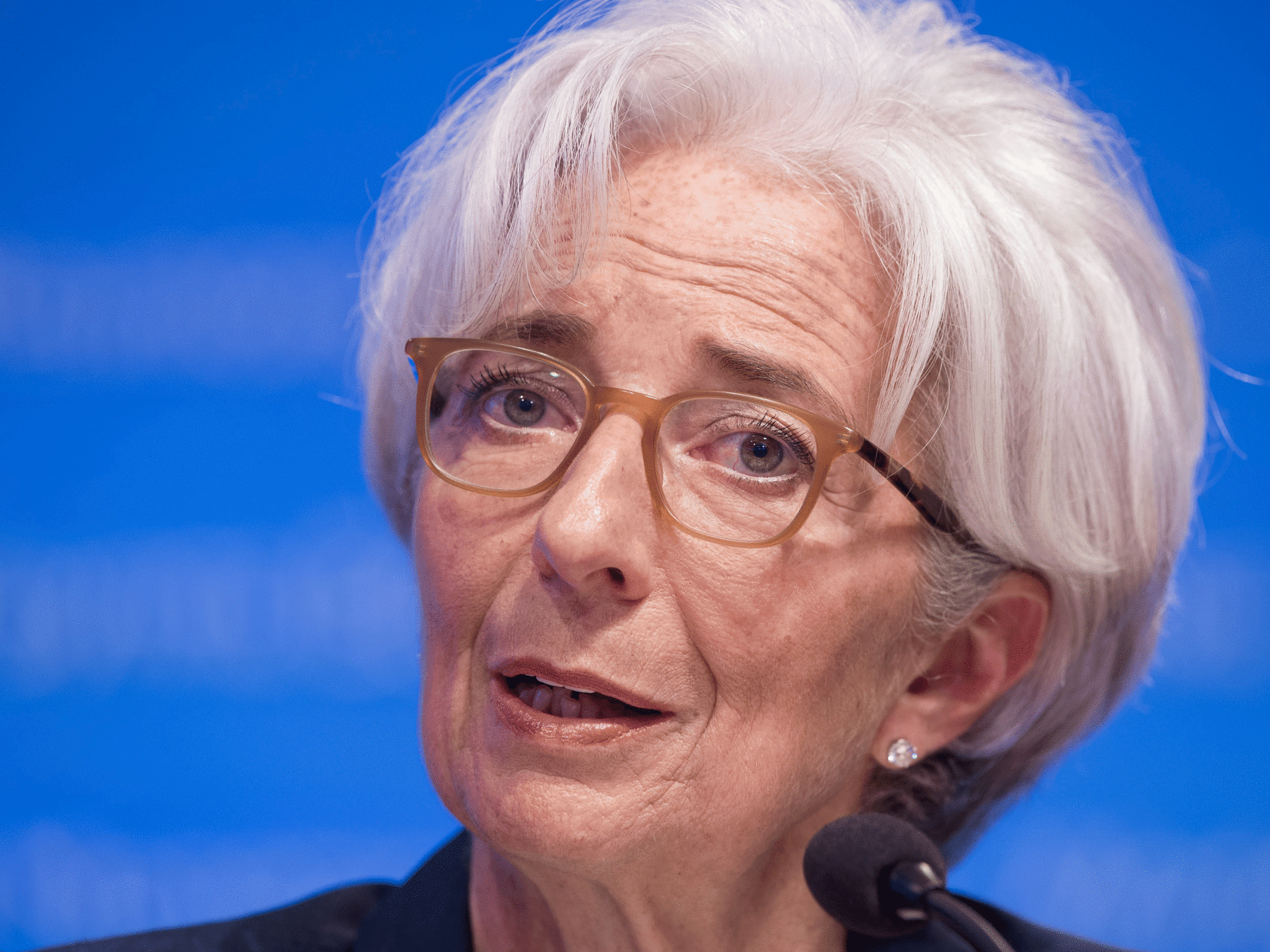Greek crisis: IMF urges Europe to provide 'significant' debt relief following new bailout agreement
The International Monetary Fund has said Greece will need debt relief from the Eurozone after a new bailout deal for the debt-ridden country was agreed

Your support helps us to tell the story
From reproductive rights to climate change to Big Tech, The Independent is on the ground when the story is developing. Whether it's investigating the financials of Elon Musk's pro-Trump PAC or producing our latest documentary, 'The A Word', which shines a light on the American women fighting for reproductive rights, we know how important it is to parse out the facts from the messaging.
At such a critical moment in US history, we need reporters on the ground. Your donation allows us to keep sending journalists to speak to both sides of the story.
The Independent is trusted by Americans across the entire political spectrum. And unlike many other quality news outlets, we choose not to lock Americans out of our reporting and analysis with paywalls. We believe quality journalism should be available to everyone, paid for by those who can afford it.
Your support makes all the difference.Greece's "European partners" still need to provide the country with significant debt relief following its approval of a new bailout deal, the International Monetary Fund (IMF) has warned.
The IMF's managing director, Christine Lagarde, said Europe would need to help the debt-ridden country further to put its finances on a sustainable path.
Under the new bailout deal, Greece will receive £61bn in loans for the next three years in return for implementing tax rises and spending cuts.
Mrs Lagarde said the country would need more help from EU member states, "well beyond what has been considered so far".
“I remain firmly of the view that Greece’s debt has become unsustainable and that Greece cannot restore debt sustainability solely through actions on its own," she said.
"Thus, it is equally critical for medium- and long-term debt sustainability that Greece's European partners make concrete commitments."

Referring to the latest bailout package, Mrs Lagarde said she had welcomed "efforts to overcome the serious loss of confidence in recent months through strong upfront actions".
But the latest bailout deal has created more uncertainty for Greek Prime Minister Alexis Tsipras’ leadership.
A significant number of MPs from his ruling left-wing Syriza party voted against the measures, including ex-finance minister Yannis Varoufakis.
The bailout was only passed with the support of opposition parties.
In total, 222 MPs supported the deal, 64 opposed, and 11 abstained.
Last month, the Greek people voted 'no' in a referendum asking them whether they would be willing to accept more austerity measures from the EU, European Central Bank, and IMF in return for a bailout deal which would stave off a financial collapse.
Germany’s parliament will decide on whether to approve the new bailout deal on Wednesday.
Join our commenting forum
Join thought-provoking conversations, follow other Independent readers and see their replies
Comments